“Hopelessness is a form of silence, of denying the world and fleeing from it.”― Paulo Freire, Pedagogy of the Oppressed
The concept of ominous positivity has been floating around in underground online forums on platforms such as Tumblr, Pinterest and Reddit for some years. Only in recent months has it gained traction among mainstream online users as a kind of alternative to toxic positivity and an antidote to modern cynicism and hopelessness. In light of recent events, it is not unsurprising that many online activists and speakers have begun to adopt this concept in their discourse to inspire positive action.
Although the idea of ominous positivity emerged as a part of modern mental health and motivation discourse, it is not hard to recognise how it can be politically productive, especially in a time when the socio-political climate is predominated by darkness and hopelessness.
What is ‘Ominous Positivity’?
The idea of ominous positivity emerged from a wonderfully obscure blog and a series of ensuing reblogs in the remote recesses of Tumblr as early as 2019. These blogs expressed the idea that good things are inevitable, viewing positive change with the same menacing and all-devouring imminency as fatality and tragedy. “You will be okay. You have no choice.” “Everything will turn out fine. You cannot stop it.” “You will succeed. It is inevitable.” are some of the oft-quoted lines elucidating this idea.
While it may at times risk crossing over to the tenets preached by its unhelpful counterpart, trite sayings like "time heals all wounds" or "things always work out for the best." a differentiating quality of ominous positivity is its ability to acknowledge the misery of the present whilst being aware of its impermanence. It understands time as cyclical, that just as cruelty, hardship, and injustice are unavoidable aspects of human existence, so are liberty, warmth and love, and that these parts of life are not mutually exclusive.
Philosophical Resonances
The duality of existence, in which there is suffering at the same time there is meaning and happiness, can be tied to the philosophical concept of absolute and relative truth. Buddhist teachings echo this belief of reality having two dimensions: a dependent dimension, in which the world is a place of hate, greed, and delusion, and an independent dimension, where the world, free of our expectations and preconceived notions, is a miracle born into existence. The challenge we, as human beings, face is to be simultaneously awake to both truths in navigating our lives.
Similarly, the optimism that ominous positivity endorses is not one of aspiring to a Utopian ideal in which everything is perenially alright but of accepting the cyclical flow of time, history and life in good faith and making due peace with our place and role in it.
Political Utility
As outsiders and spectators to prolonged and unremedied phases of political crisis, it is easy to fall into patterns of hopelessness and disillusion. It is, in fact, incredibly normal, as citizens living through late-stage capitalism in a hyper-individualistic world, to experience the urge to disengage from our surroundings and submit numbly to the grim reality of the present. However, the luxury of hopeless disengagement will always be unaffordable to the oppressed, whose survival depends on hope.
The events of October 7th, 2023, at once lifted the veil on the decades-long struggle between Israel and Palestine, waking the world up to the sustained atrocities in the Gaza Strip that began in 1948. As more and more video clips of relentless bombing, shootings and restraining by the Israeli military forces (IDF) began to take over mainstream social media, the global public started engaging in discourse for Palestinian liberation.
Over three months, despite the massive public outrage and urgency for remedial action, there has been little to no indication of a ceasefire in Gaza. Many, especially from the West, have consequently taken to social media to voice their hopelessness and disillusionment with their inability to effect change or put a stop to the violence. On the other side of things, at the very site of the suffering, the trapped victims and journalists reporting from Gaza resolutely fight for life and survival, all while trying to preserve the brief moments of warmth and joy in community and family.
As educator and philosopher Paulo Freire identifies, “hope is an ontological need for change.” and “hopelessness and despair are both the consequence and the cause of inaction or immobilism.” Hence, it comes off as disingenuous and in bad faith for the privileged to accept defeat on behalf of the ones directly affected. The silence of public figures with platforms who believe their “words will never be enough” has been rightfully questioned and held to criticism by many, as any kind of resistance is driven by discourse, and discourse without hope is an empty parody of it.
It is undeniable that activism is demanding, which often results in mental and emotional exhaustion. However, it is fallacious to think that it is our prerogative to feel hopeless; even as we need to step back to focus on our personal lives, countless others will readily fill the gap and speak in our place. So go ahead and take the break you need; in the meantime, the world will continue its struggle for positive change, and when you return to lend your voice, it will still be listening. And things will get better. They have to.
Got burning thoughts or opinions? We'd love to hear them! Share your thoughts and ideas in the comments below, and let's get this conversation flowing. Together, we can make a difference!
If you have burning thoughts or opinions to express, please feel free to reach out to us at larra@globalindiannetwork.com




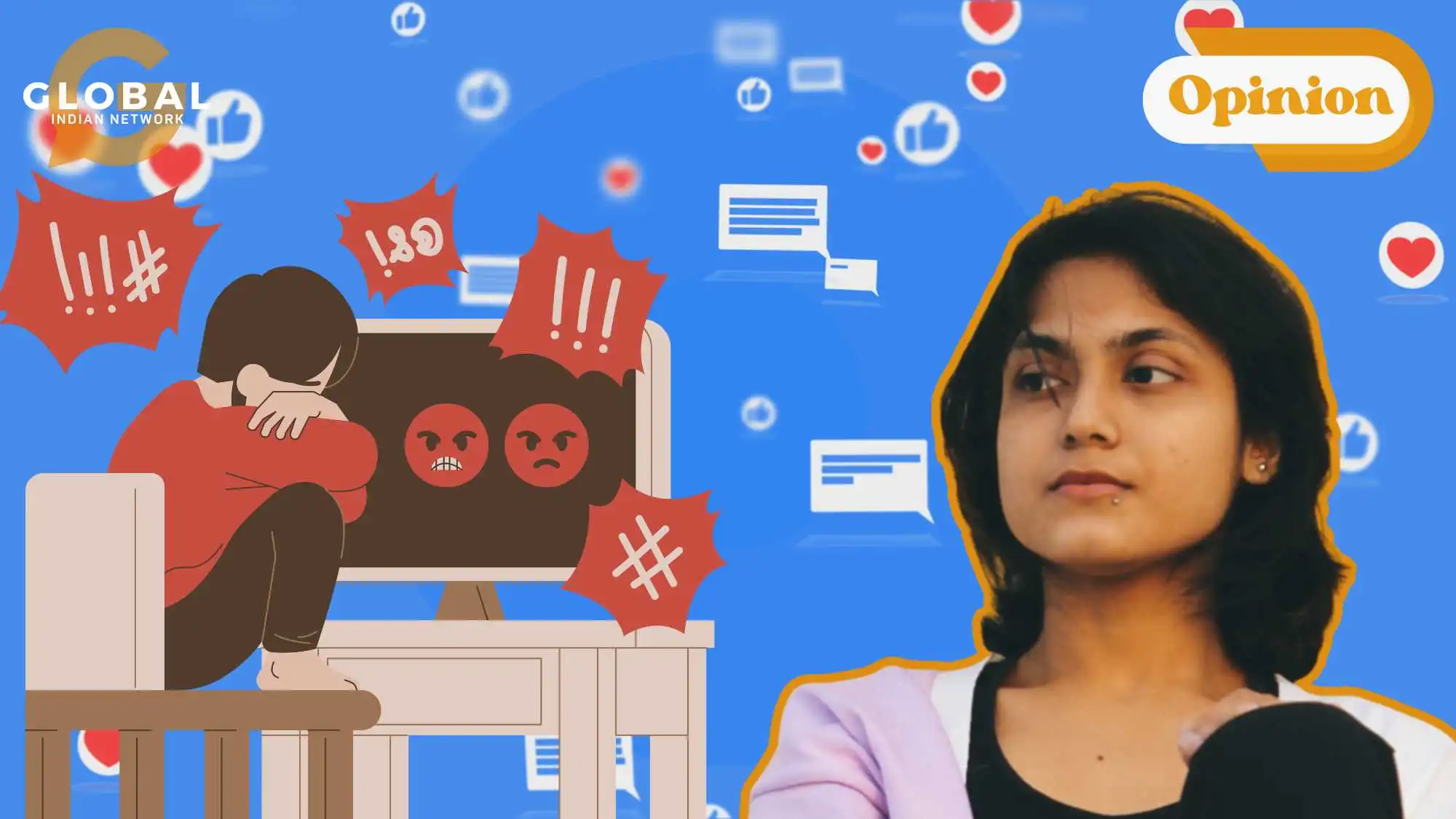
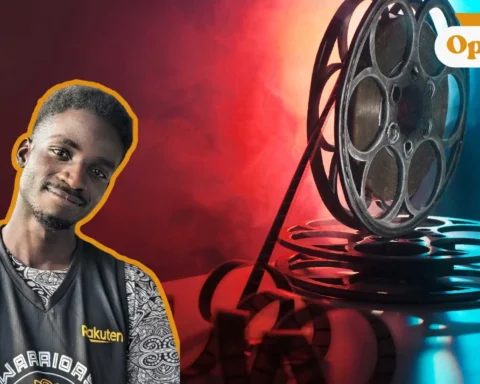
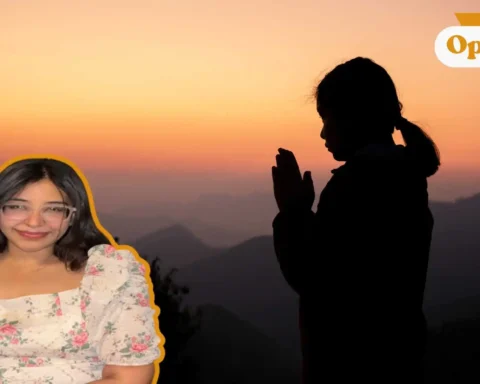
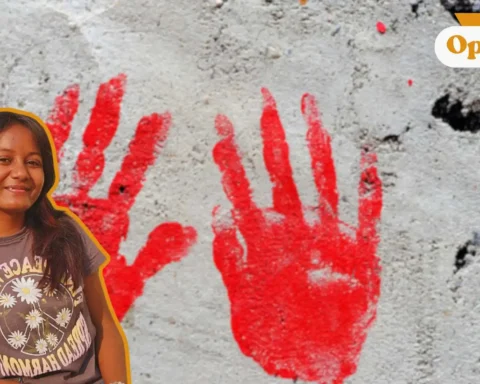

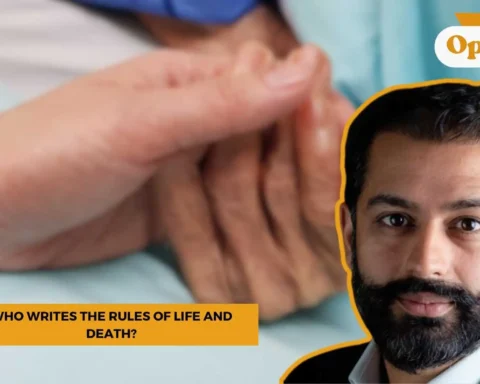
[…] blog discusses the unique ways in which nonprofits and activism can collaborate and change the world […]
[…] strong activism among influencers to activism through liking and social media posts of black squares to show […]